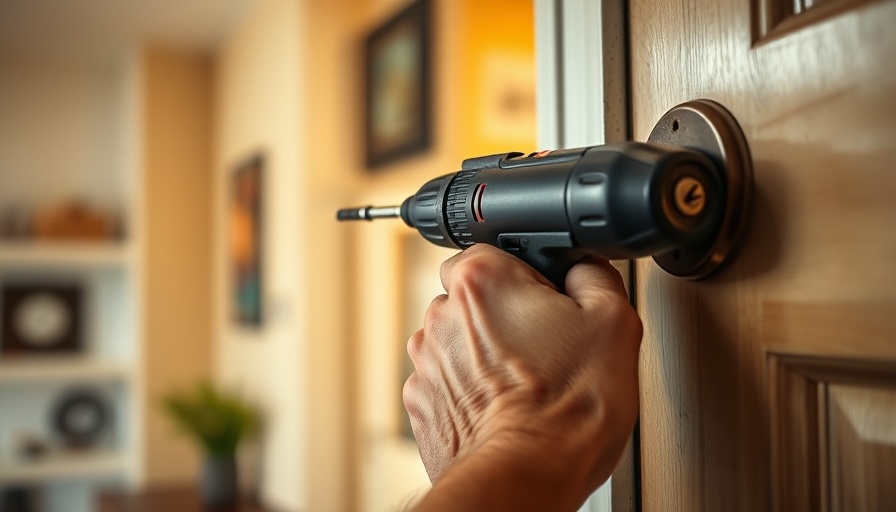
Understanding Home Sale Repairs: Who’s Responsible?
In the dynamic world of real estate, buyers often grapple with responsibilities concerning home repairs after closing. The succinct answer to whether sellers remain liable is typically negative. Once a sale is finalized and the ownership of the property transfers hands, it is predominantly the homebuyer's duty to handle any ensuing repairs. This holds unless the purchase agreement explicitly states otherwise or the seller has failed to disclose known issues.
The Transition of Repair Responsibilities
Upon the signing of closing documents, responsibilities for the upkeep and repair of the property shift entirely to the buyer. This includes addressing potential plumbing, electrical, structural issues, or aesthetic concerns, such as surface flaws. Accordingly, if you’re in the market for homes for sale, it’s pivotal to acknowledge that the seller typically will not address repairs unless there is an express agreement to that effect.
Exceptions to the Rule: Knowing When the Seller May Be Liable
While the buyer assumes repair responsibilities post-sale, certain scenarios can compel sellers to shoulder some burden. One primary situation is failure to disclose known issues—whether it's mold, leaks, or foundation instability. In such cases, buyers may have legal recourse for non-disclosure or even fraud.
Another possible condition involves post-closing agreements or escrow holdbacks, where repairs are promised but not completed prior to closing. Funds can be held in escrow until the seller fulfills their obligations. Moreover, if the purchase contract outlines specific repairs that the seller must complete, they remain legally bound to those terms even after the closing occurs.
Protective Measures for Buyers
To safeguard against unexpected repair responsibilities, buyers can take proactive steps:
- Engage in a thorough home inspection. It’s vital to examine the inspection report closely to identify any potential red flags that may not be readily apparent.
- Request necessary repairs or negotiate credits before closing.
- Incorporate a repair clause or escrow holdback in the purchase contract to facilitate a smoother resolution should any issues arise shortly after closing.
- Meticulously review all seller disclosure forms to confirm that no critical information is missing.
Tips for Sellers: Minimizing Liability
Sellers can take action to protect themselves by being transparent about property conditions. This includes:
- Disclosing all known defects, regardless of how minor they may seem.
- Completing any agreed-upon repairs prior to closing, thus limiting post-sale liabilities.
- Keeping thorough receipts and documentation of repairs made to present an accurate account of the property’s condition.
Why Staying Informed Matters in Real Estate
The nuances of repair responsibilities post-closing can substantially affect the real estate experience for both parties. Whether you’re looking for apartments for rent, condos for sale, or new construction homes, understanding these responsibilities ensures a smoother transaction. By maintaining clarity on legal obligations, all parties can mitigate potential conflicts and foster trust in their transactions.
A Call to Action for Home Buyers and Sellers
If you’re navigating the real estate market—be it hunting down houses for sale near you or diving into commercial real estate ventures—knowledge is your greatest ally. Familiarize yourself with the intricate web of repair responsibilities and safeguard your investment. Take the time to consult a real estate agent or attorney specializing in property transactions to arm yourself with insights that lead to a successful sale or purchase.
House hunting doesn’t have to be daunting. By staying informed and aware of the repair responsibilities after closing, you'll be better equipped to make decisions that benefit you in the long run. Arm yourself with the right resources, whether it be through real estate websites, expert guidance, or consultations on real estate finance, to ensure a smooth process.
 Add Row
Add Row  Add
Add 




Write A Comment